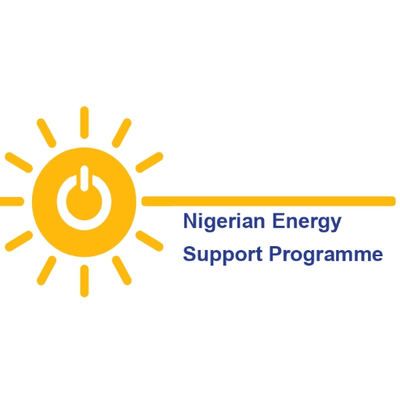In a bold move to revolutionize power usage and promote sustainable electricity in Nigeria’s industrial sector, the Nigerian Energy Support Programme (NESP), in partnership with the Federal Ministry of Power, has officially launched two new Energy Efficiency Networks (EEN) in Kano State.
The launch, co-funded by the German Development Cooperation and the European Union, marks a major step forward in tackling Nigeria’s power challenges and creating greener, more cost-effective industrial operations. Speaking at the event, Director General of the Manufacturers Association of Nigeria (MAN), Dr. Segun Ajayi-Kadir, emphasized the severe impact of unreliable electricity on businesses nationwide, revealing that industries are losing billions of naira annually due to erratic power supply.
Dr. Ajayi-Kadir noted that energy costs currently account for over 45% of total production expenses for many manufacturers, particularly affecting small and medium-scale industries (SMIs). He disclosed that the cost of alternative energy solutions soared by a staggering 42.3%, rising from ₦781.68 billion in 2023 to ₦1.11 trillion in 2024, further threatening the viability of local manufacturing.
However, the newly launched Energy Efficiency Networks offer a beacon of hope. According to him, the initiative will enable manufacturers to explore and implement cost-saving energy efficiency strategies, reduce energy expenses, and significantly cut carbon emissions. He praised NESP for introducing the program in Kano, describing it as a timely intervention that will boost the competitiveness and sustainability of the industrial sector.
Related Articles:
- YEIDEP applicants face possible disqualification over bank account issues as deadline closes today
- Technology sector driving non-oil export agenda
- Delta Sports Commission names new Athletics Association Board, inauguration set for June
Expressing confidence in the program’s success, he urged stakeholders across Kano to embrace the opportunity and commit to innovative energy-efficient practices that can maximize profits and drive long-term growth.
“I have no doubt that the Kano networks will be a huge success, as they will help industries integrate energy efficiency into their production processes, reduce operational costs, and become more resilient,” he said.
In support of the initiative, Kano State Commissioner for Investment, Commerce, Industry, and Cooperative, Alhaji Shehu Sagagi, commended the program’s potential to drive industrial transformation. He assured stakeholders of the state government’s full backing and highlighted the program’s role in making Kano a more attractive destination for investors. According to him, the initiative will help manufacturers cut down on overhead costs, reinvest savings, and scale operations.
Also speaking at the event, Inga Stefanowicz, Head of Green and Digital Economy at the EU Delegation to Nigeria and ECOWAS, reaffirmed the European Union’s commitment to green growth in Nigeria. She emphasized that energy efficiency is not just a cost-saving measure but a powerful catalyst for inclusive development. She added that reducing energy intensity and carbon emissions would strengthen the country’s economic productivity and enhance the global competitiveness of Nigerian industries.
The launch of the two Energy Efficiency Networks in Kano is expected to catalyze change within the industrial landscape of northern Nigeria, setting a precedent for similar projects nationwide.






